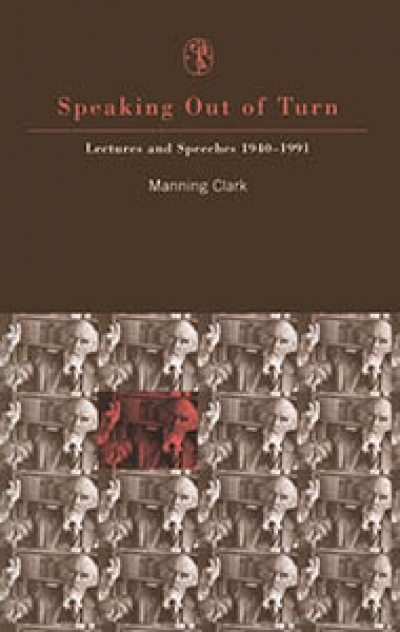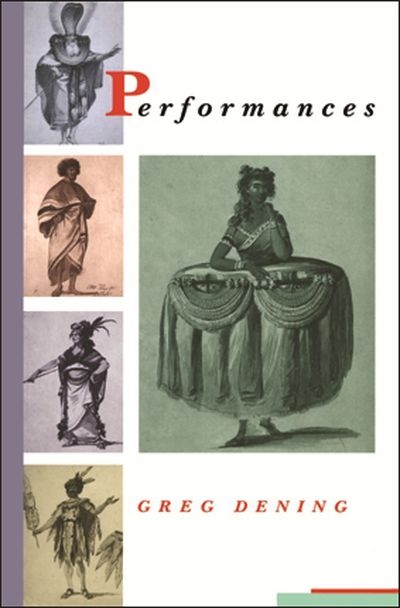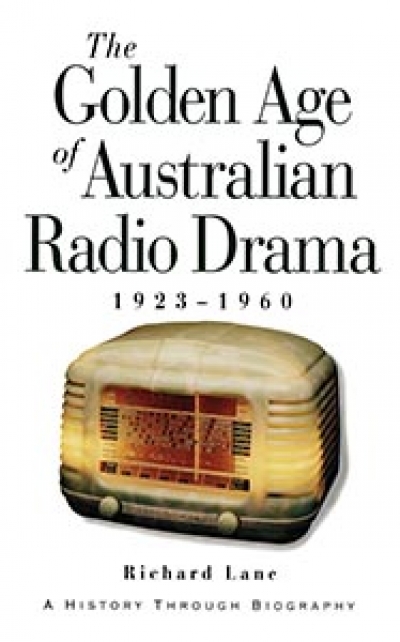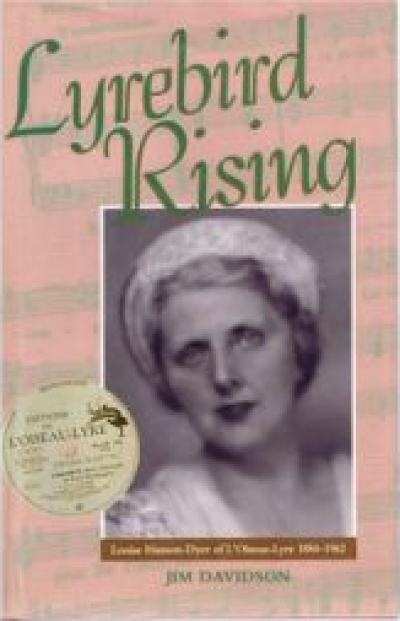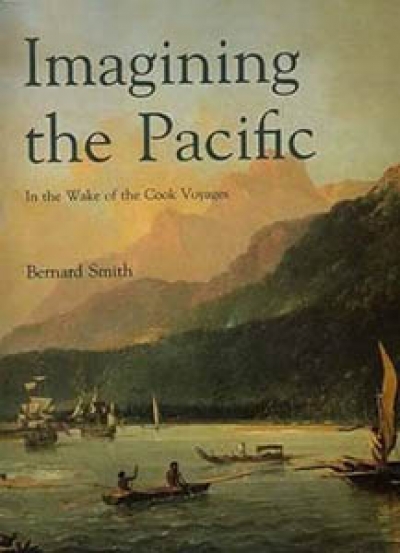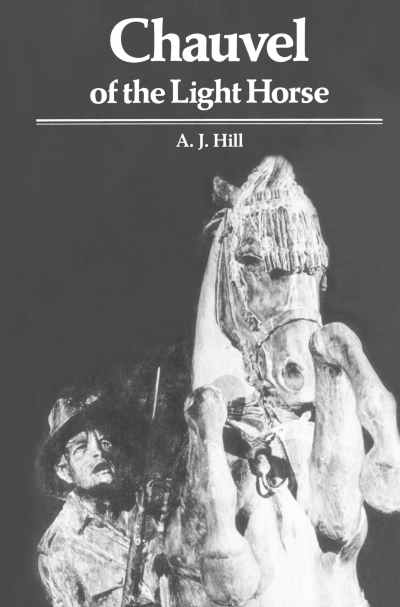Melbourne University Publishing
Speaking Out of Turn: Lectures and speeches, 1940–1991 by Manning Clark
by Michael Cathcart •
The Golden Age of Australian Radio Drama, 1923–1960: A history through biography by Richard Lane
by Rodney Wetherell •
Lyrebird Rising: Louise Hanson-Dyer of l’Oiseau-Lyre, 1884–1962 by Jim Davidson
by Thomas Shapcott •
Imagining the Pacific: In the wake of the Cook voyages by Bernard Smith
by Jonathan Holmes •

